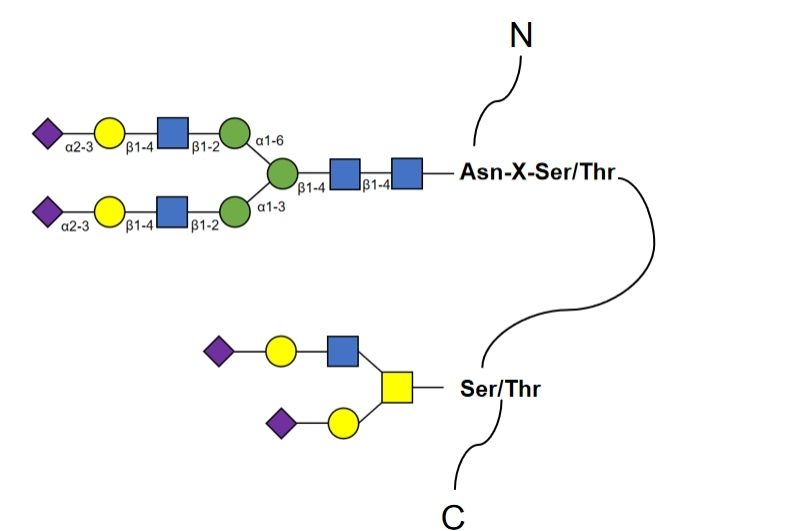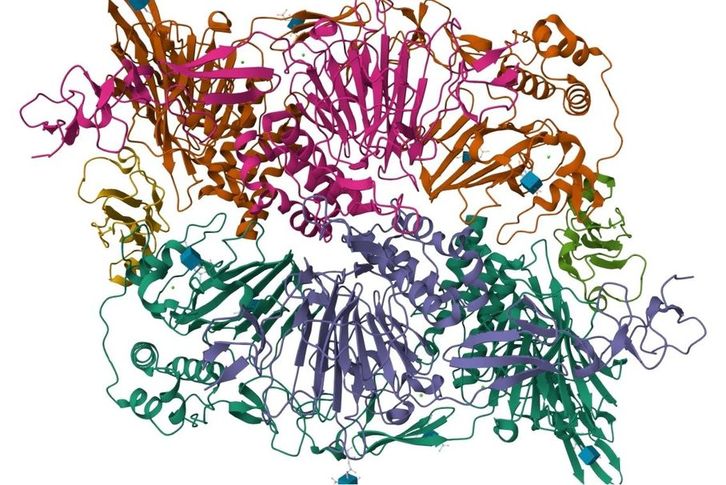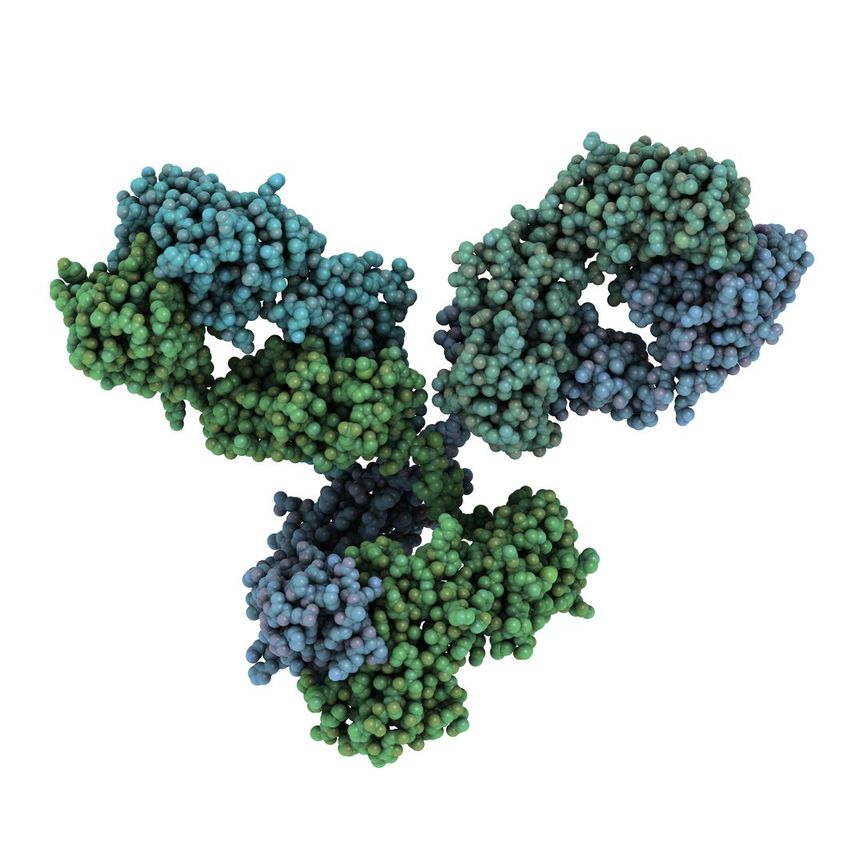Glycoinformatics-assisted Cancer Glycomics Analysis Service
Unmatched Ease of Analyzing Cancer Glycomics
Abnormal glycosylation of proteins is often associated with cancer such as antitumor immunity and oncogenic transformation. A variety of cancer markers are glycoproteins that are altered in serum glycomics. Therefore, a comprehensive analysis of cancer glycomics is necessary. Our specialized
Glycomics Analysis team offers different
Disease Glycomics Analysis services such as
Malaria Glycomics Analysis,
Neuronal Diseases Glycomics Analysis, and
Diabetes Glycomics Analysis.
CD BioGlyco provides comprehensive cancer glycomics analysis services to meet our clients' needs for analyzing different indicators of cancer. Our services cover, but are not limited to, the following analyses.
Sample collection and pre-processing
Our researchers support clients with biological samples such as tissue samples, blood samples, or other samples. Our staff has proven experience in sample pre-processing.
High-throughput glycomics analysis
In-depth analysis of glycosylation and changes in glycosylation has driven research into cancer mechanisms. CD BioGlyco provides high-throughput glycomics analysis enabling rapid and comprehensive characterization of glycans.
Our lab offers high-quality electrospray ionization mass spectrometry (ESI-MS), matrix-assisted laser desorption/ionization (MALDI) coupled to time-of-flight mass spectrometry (MALDI-TOF MS), high-performance liquid chromatography (HPLC) and lectin microarray analysis.
Glycomics analysis
CD BioGlyco provides professional comparative glycoproteomic analysis in serum and cancer. Our company provides analytical method comparison service for the same samples, glycosylation comparison service for normal and lesion samples, and environmental interference comparison service for the same samples.
CD BioGlyco provides analysis data interpretation, integration, and visualization services. Our lab has unique data organizing tools to help our clients quickly process large volume data such as MS data, HPLC data, nuclear magnetic resonance (NMR) data, etc. Our software supports different analytical data comparison services.

Publication
Technology: Machine learning, MALDI-MS, HPLC, Fluorescence labeling
Journal: RSC Advances
Published: 2018
IF: 3.9
Results: In this study, researchers used machine learning to evaluate the serum glycomics results of hepatocellular carcinoma (HCC) analyzed by MALDI-MS and HPLC. The researchers found that these two analytical methods were highly successful in analyzing HCC-associated glycans. They further screened for multiple potential biomarkers of HCC. Importantly, the researchers minimized interfering factors during testing. In conclusion, MALDI-MS and HPLC are complementary tools for qualitative and quantitative analysis of serum glycomics.
 Fig.1 HPLC analysis of N-glycans derived from human serum of healthy controls and HCC cases. (Wang, et al., 2018)
Fig.1 HPLC analysis of N-glycans derived from human serum of healthy controls and HCC cases. (Wang, et al., 2018)
Applications
- Glycoinformatics-assisted cancer glycomics analysis can be used to facilitate cancer screening and rapid diagnosis.
- Glycoinformatics-assisted cancer glycomics analysis can be used for qualitative and quantitative analysis in serum glycomics.
- Glycoinformatics-assisted cancer glycomics analysis can be used to address a variety of issues in glycobiology including, but not limited to, glycosyltransferase structures, glycosylation sites on proteins, and the effects of complex glycans on cellular functions.
Advantages of Us
- CD BioGlyco has a team of highly trained personnel to provide a wide range of customized analytical services according to the different needs of our clients.
- Relying on advanced glycobiological analysis tools and a data analysis team, we increase the depth and precision of our analysis.
- With the help of artificial intelligence models, our researchers provide more in-depth insights tailored to the needs of our clients to elucidate the mechanism of action of glycosylation in cancer.
Frequently Asked Questions
- What does representative tumor-associated abnormal glycosylation include?
- Many tumor-associated aberrant glycosylations such as O-linked glycans (sialylation, fucosylation), and N-linked glycan branching, have been identified. N- and O-linked glycan serve as diagnostic, prognostic, and therapeutic monitoring biomarkers for cancer.
- What types of sample analysis are supported?
- Our lab supports the analysis of many types of samples such as serum, cells, tissues, urine, etc. We support our clients by providing biological samples or we provide.
CD BioGlyco provides professional cancer glycomics analysis to promote cancer research. The deciphering role of glycans in cancer expresses that glycans can be used as novel biomarkers for cancer. Combining systems biology and proteoglycomics to elucidate key translational aspects of cancer glycomics in depth. Please feel free to contact us.
Reference
- Wang, R.; et al. Comparison of the methods for profiling N-glycanss-hepatocellular carcinoma serum glycomics study. RSC Advances. 2018, 8(46): 26116-26123.
For research use only. Not intended for any diagnostic use.
Quick Links
Related Services



 Fig.1 HPLC analysis of N-glycans derived from human serum of healthy controls and HCC cases. (Wang, et al., 2018)
Fig.1 HPLC analysis of N-glycans derived from human serum of healthy controls and HCC cases. (Wang, et al., 2018)


